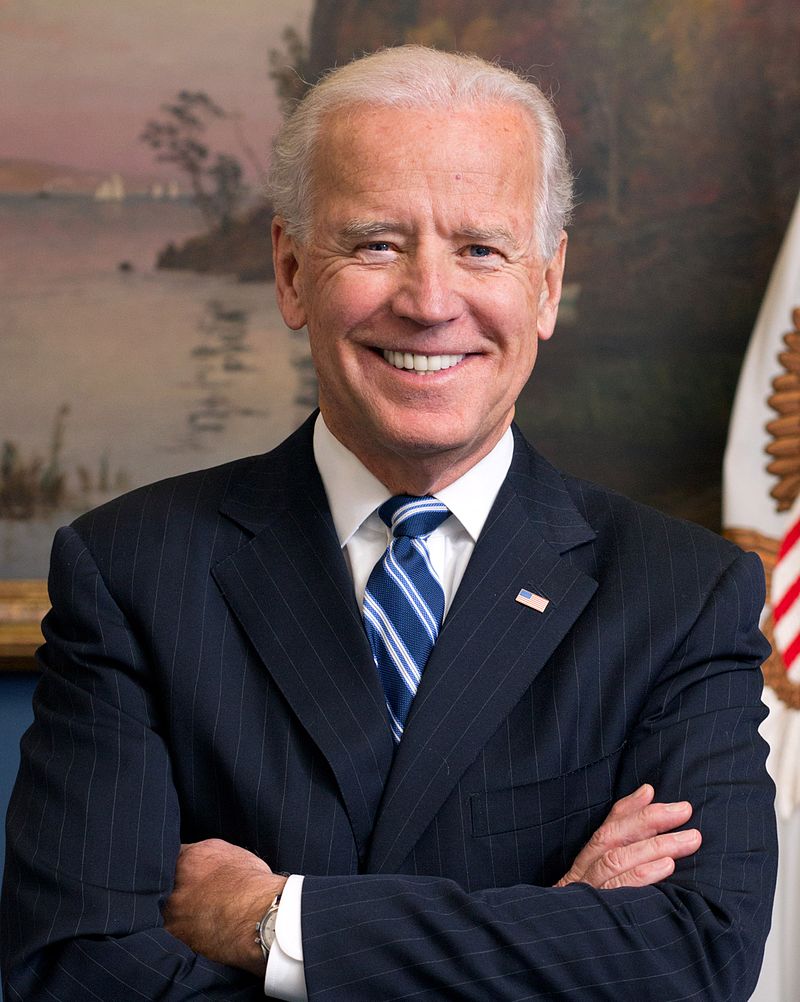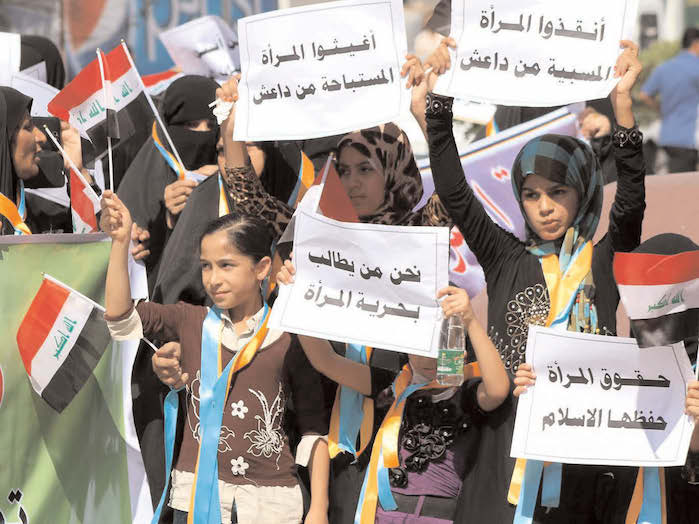
BEIRUT (TIP): Just the mention of the word would send shivers down the spine of Syrians: “mukhabarat”, or secret police. Abuses by President Bashar al- Assad’s feared security units were among the reasons Syrians took to the streets in March 2011, leading to an uprising that has become a civil war. But now some of the rebels fighting Assad say they have set up a mukhabarat of their own to “protect the revolution”, monitor sensitive military sites and gather military information to help rebels plan attacks against government forces. “We formally formed the unit in November. It provides all kind of information to (opposition) politicians and fighters. We are independent and just serve the revolution,” said a rebel intelligence officer who goes under the name Haji.
Rebel commanders had put Reuters in touch with Haji, who is based in Syria, via Skype on condition he not be identified. Haji said most of the rebel mukhabarat’s members were army defectors and former intelligence officers, and that the information they gathered was distributed to all anti-Assad factions and rebel brigades without discrimination. However, the organisation appears to operate independently from the main opposition Syrian National Coalition and the Free Syrian Army, effectively answering to itself.
Haji was careful to distinguish between its methods and those of the secret police under Assad, saying he was aware of the feared reputation of the government’s internal spy services. “Our work is organised, we have an internal law and we are committed to international laws and human rights,” he said, speaking briefly over Skype. Assad’s mukhabarat – a blanket term for an array of sometimes overlapping and mutually mistrustful security services – that has helped keep his father before him in power for more than four decades, stamping out dissent and insulating Syria from the frequent military coups that had plagued it previously.
Clandestine activity
The new rebel body has operated secretly for months, Haji said, helping fighters carry out attacks on government targets. He did not specifically claim credit for a bomb attack on a security headquarters in Damascus in July that killed five of Assad’s top security officials, including his defence minister and his brother-inlaw, who was an intelligence chief. Haji declined to disclose details of the rebel agency, but said it operated across Syria, including in Aleppo and Idlib in the north, Deir al-Zor in the east and the capital Damascus, adding: “We have our spies among the regime who are providing us with information that we need, including military information.” Syrians have long exchanged horror stories of the dungeons of the intelligence branches where dissidents were incarcerated, often tortured and sometimes killed. Opposition activists insist their own mukhabarat will be nothing like those Assad inherited from his father, the late President Hafez al- Assad.
“The word security should mean the security of the people,” said an opposition activist using the name Abu Hisham in Aleppo. “Unfortunately, Assad’s security bodies changed it to mean preserving the security of the government against the people,” he said. “Having this agency is important right now to track down the shabbiha (pro-Assad militia) and regime forces. We hope they remain up to the responsibility after toppling Assad.” The rebel mukhabarat is keeping a close eye on the movements of Assad’s family, his army generals and senior officials who until now remain out of the insurgents’ reach, Haji said. He denied widespread rumors that Assad’s brother Maher, a military commander, had also been killed in the July bombing, adding that his wife had given birth to twin boys last month. Haji also said Assad, who gave a speech in the Damascus Opera House on Sunday, remains in the capital, but that morale of government officials was low and that many were secretly helping the rebels as an insurance policy in case they won. “They approach us and they give us the information. We do not pay them. They say all they want is protection for their families later on,” he said, alluding to a post- Assad Syria.
Sectarian tool
In the Arab world’s many past or present police states, Syria’s mukhabarat has long had a reputation as one of the most ruthless. It consists of at least five powerful agencies who spy on each other, tap phones of dissidents and vie for power. Created under French Mandate rule of Syria from 1923-43, the secret police became ever more powerful under Hafez al-Assad, who ruled with an iron fist from 1971 until his death in 2000. Corruption, personal interests and a lack of communication among its branches might appear to offer avenues for rebels to infiltrate Assad’s mukhabarat, but the security services are dominated by the Syrian leader’s tight-knit Alawite minority. The Alawites, who make up about 12 percent of Syria’s 23 million people, have rallied behind Assad, fearing revenge by the mostly Sunni Muslim rebels if he is toppled. Other minorities, which include Druze, Christians and Shi’ites, fear for their freedoms if the armed revolt brings Sunni Islamist hardliners to power.
Such fears deepened after documented abuses by some rebels accused of torturing and summarily executing their opponents, as well as of looting state and private property during nearly 22 months of conflict that has cost at least 60,000 lives. Haji said his intelligence agents were documenting such violations so that the perpetrators could be held to account. “We are watching everybody. We have gathered information about every violation that happened in the revolt,” he said. “Those we cannot punish now will be punished after toppling Assad. Nothing will be ignored. We have our members among all the working brigades. They are not known to be intelligence and they operate quietly.” His agents, Haji said, worked under cover as activists, citizen journalists or fighters.
While welcoming the formation of the rebel intelligence service, one insurgent commander voiced concern it might change its agenda to serve a group or a political party later on, just as Assad’s mukhabarat had focused on protecting his rule. “After toppling Assad all of this will be reshaped – it is a temporary unit but there is fear that this unit will remain secretive the way it is now and starts executing unwanted agendas,” said the commander, known as Obeida. “We fear that later it will become political and serve a political agenda as if all our sacrifices never happened.”





Be the first to comment